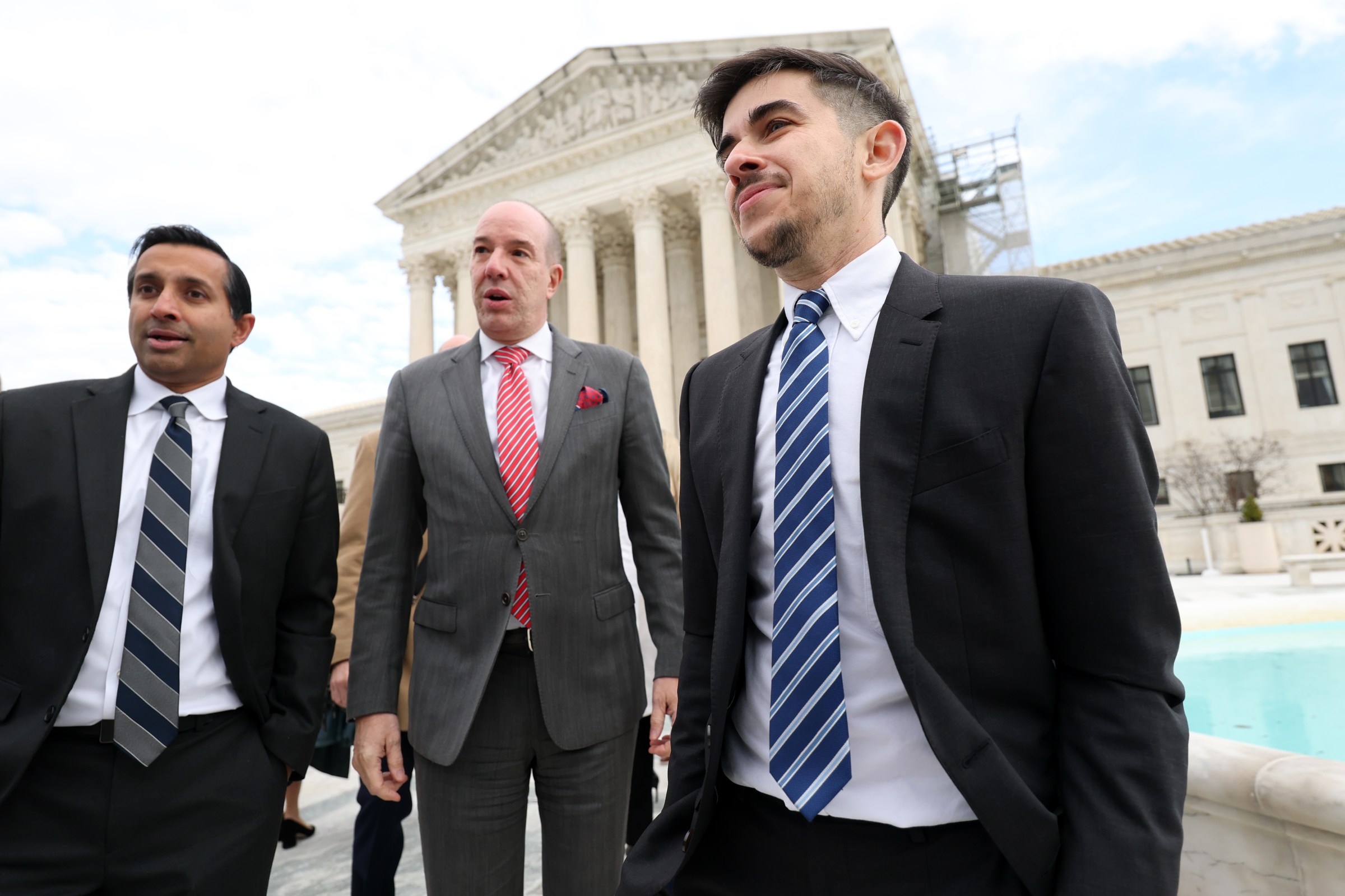The Supreme Court issued an unusual order on Wednesday morning, announcing it will hear a case deciding the fate of TikTok on a fast-tracked schedule.
The Supreme Court will race to decide whether the government may ban TikTok
The federal law targeting TikTok takes effect January 19. The Supreme Court appears likely to resolve this case by then.


The case, known as TikTok v. Garland, asks whether a federal law potentially banning TikTok, which President Joe Biden signed in April, violates the First Amendment. The law would ban the short-form video app, which is owned by Chinese tech company ByteDance, within the United States unless ByteDance sells the platform to a different owner before January 19. The law was upheld by a lower federal court earlier this month, and so a ban may be imminent unless the Supreme Court intervenes.
The Supreme Court’s order announcing it will hear TikTok v. Garland departs from the Court’s ordinary procedures in several ways, compressing both the briefing schedule for this case, and the amount of time the justices will have to consider the case after briefing is completed.
The Court’s order instructs TikTok and the Justice Department, as well as other parties challenging the law, including a number of content creators who use the platform, to all file their briefs simultaneously on December 27, two days after Christmas. The justices will hear oral arguments on January 10.
It is likely that the Court is following this unusually fast schedule — typically, a case waits months for an oral argument before the justices, even after the Court announces it will hear that case — because the justices want to issue their final decision before the ban takes effect on January 19.
Although TikTok raised several constitutional challenges to the law, known as the Protecting Americans from Foreign Adversary Controlled Applications Act, the Supreme Court’s review will focus on a single question: Whether this law, which could shut down one of the most popular online platforms in the country, violates the free speech clause of the First Amendment.
TikTok pits national security concerns against free speech protections
The law targeting TikTok passed both houses of Congress with broad support from both political parties. The law’s supporters justify such an unusual encroachment on traditional free speech protections because they fear the Chinese government will either use TikTok to gather data on Americans, or they will manipulate the content that appears on TikTok to shape US opinion.
The question of just how much control China can and does exercise over TikTok is hotly contested. TikTok’s parent company, ByteDance, is based in Beijing. Like many Chinese companies, it is legally required to host an in-house Communist Party committee composed of TikTok employees who are also party members.
The law at issue in the case bans internet hosting services and other tech companies — including Apple and Google, whose app stores make TikTok available to download — from serving “foreign adversary controlled applications.” While other apps can potentially qualify as such an application, the law specifically states that TikTok, as well as any other application operated by ByteDance, qualifies. TikTok can potentially escape this ban if it is sold to another company that is not “controlled by a foreign adversary,” but no sale appears imminent.
A federal appeals court upheld this law earlier in December, essentially arguing that national security concerns trump free speech concerns. While that opinion includes many details about the sheer volume of data controlled by TikTok, it included far less evidence than courts normally provide when upholding laws burdening free speech that the government’s stated interest in protecting national security justifies this particular law.
The appeals court justified this approach by arguing that judgments “of the Congress and the Executive regarding the national security threat posed by the TikTok platform ‘is entitled to significant weight.’”
The lower court is correct that courts often defer to the other branches in matters of national security, and it cites Supreme Court precedents establishing that general proposition. But the amount of deference shown by the lower court in this case is unusual. All three appeals court judges who heard this case agreed that the TikTok ban should receive “heightened scrutiny” from the judiciary because it threatens free speech. Laws that are subject to such scrutiny are presumptively unconstitutional, and the government bears the burden of proving that such a law can be justified.
As the Supreme Court said in Ashcroft v. ACLU (2004), when there are “substantial factual disputes” regarding whether a law burdening free speech can be justified by some other compelling national need, “the Government must ‘shoulder its full constitutional burden of proof.’”
Which isn’t to say that the Justice Department cannot overcome that burden in this case, if it can produce sufficient evidence that China will use TikTok to undermine US national security. But, under existing precedent, the government must provide that evidence if it wants this law to survive.
In any event, we will likely know more about what sort of evidence the Justice Department plans to muster in defense of this law after it files its brief on December 27 — although it’s worth noting that the government could potentially file some of this information under seal if it would require them to disclose classified information, as seems possible given the national security concerns alleged by the government.
For now, the only thing that appears certain about this case is that the justices are moving very quickly — and one way or another, the future of TikTok will likely be resolved before the federal ban takes effect in January.











